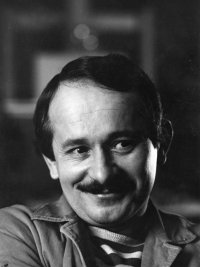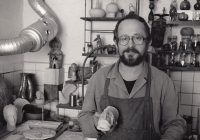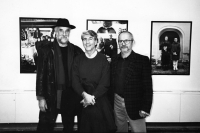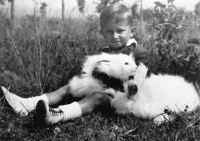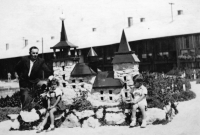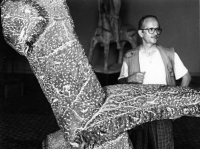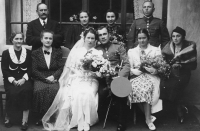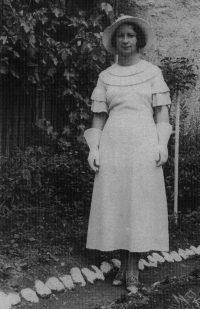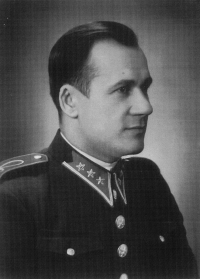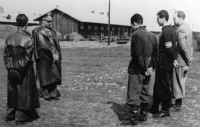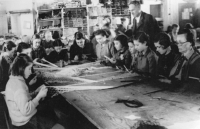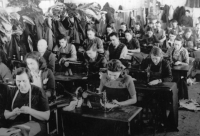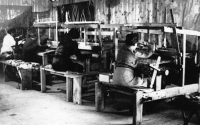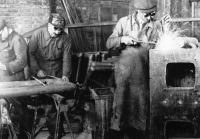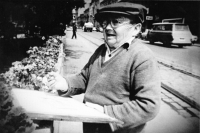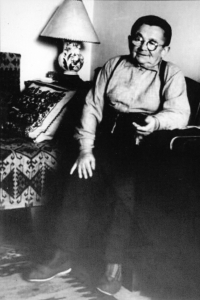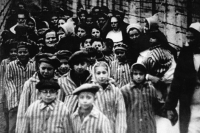I was glad to have had found out that my father had not participated in murdering the Jews.
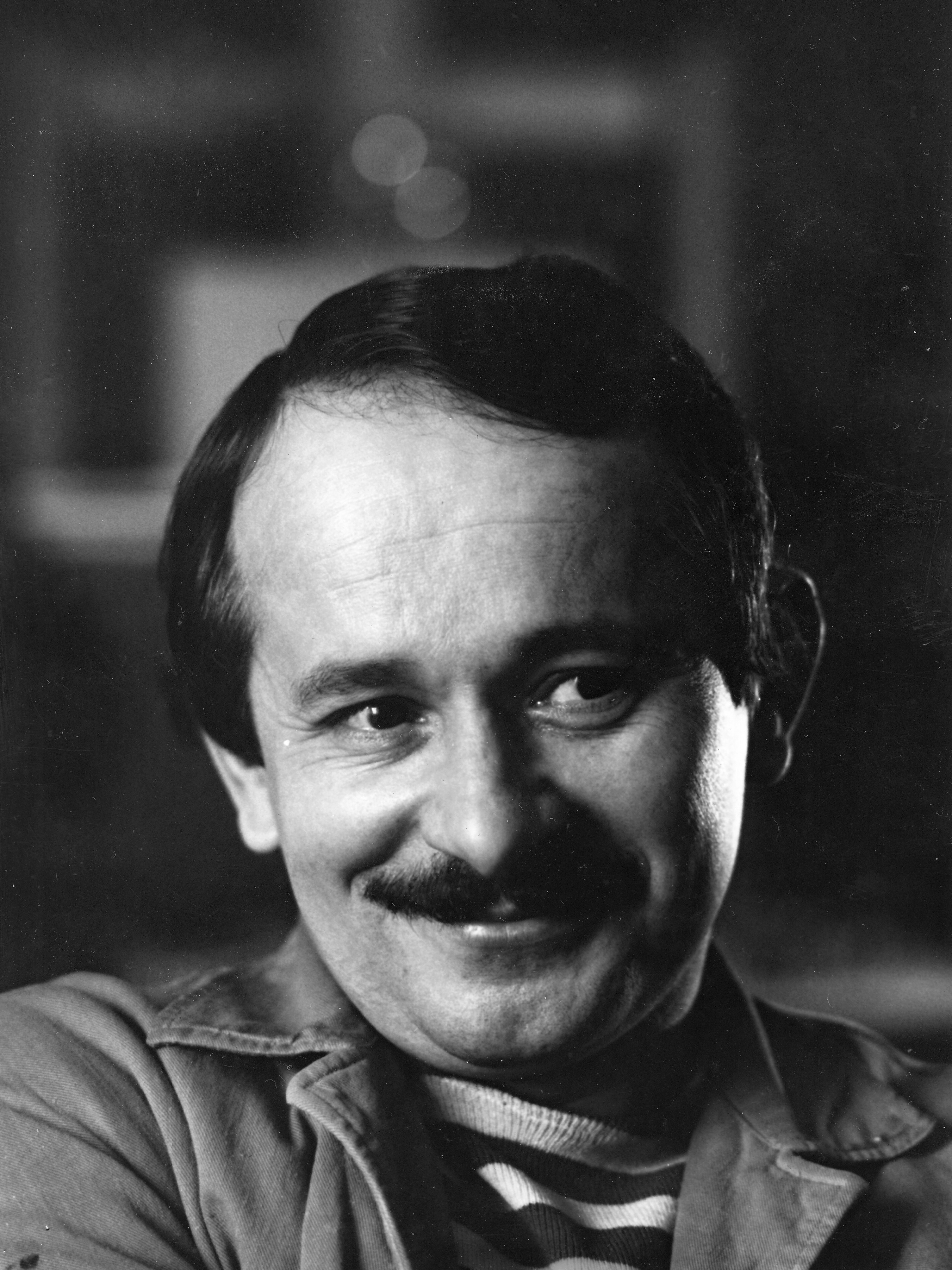
Stáhnout obrázek
Fedor Gabčan was born on the 22th July of 1940 in Kúty in Slovakia. His father, Štefan Gabčan, was a gendarmerie officer. Between 1943 and 1944, he worked as a commander of the internment and work camp for Jews in Nováky. At the same time, he collaborated with the anti-Nazi resistance and participated in the Slovak National Uprising. Fedor graduated from the School of Cartography and Geodesy in Košice. At the beginning of the 1960‘s, he moved to Ostrava. For five years, he worked in coal mines there. He learned to draw in evening art courses and photographed the Ostrava landscape. Between the 1972 and 1976, he studied at the Film and TV School at the Academy of Musical Arts in Prague. After graduating, he returned to Ostrava. He worked for the local branch of the Czech Press Agency and earned his living as a product and advertising photographer. After the fall of the totalitarian Communist regime, he established the photography courses at the High School for Arts in Opava; he also taught historical photography techniques at the Faculty of Fine Arts and Music of the University of Ostrava.
